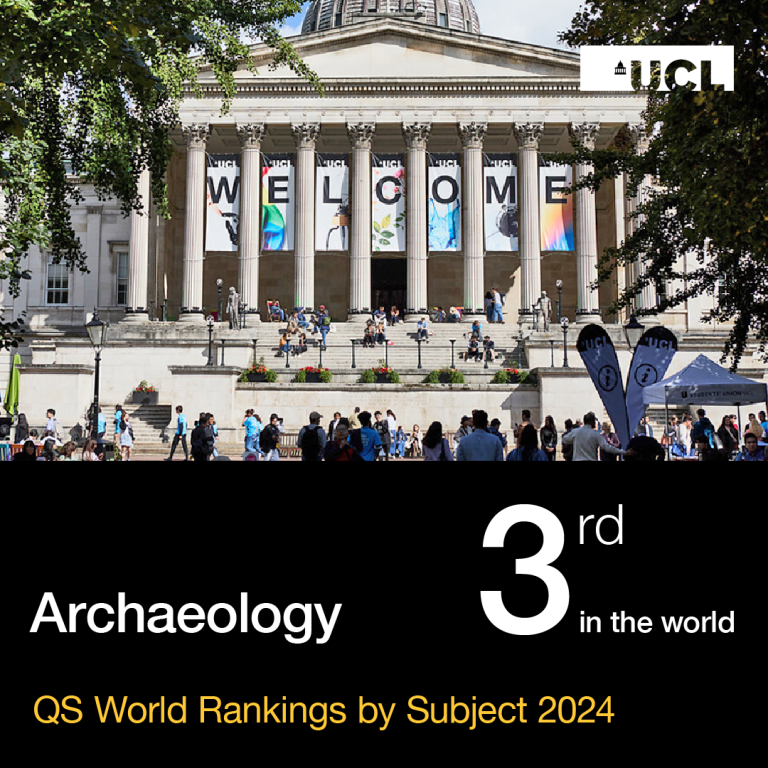This module provides students with information on material objects from regions in the ancient Near East, covering the Middle Bronze Age (starting around 2000 B.C) through the Iron Age.
The intent is to allow students to become familiar with cultural artifacts from the ancient Near East and some of the more significant primary data used in understanding cultural transformations (e.g., ceramics, seals and sealings, etc.) in Near East archaeology for the periods covered. Module content integrates major publications, reports, and other information archaeologists have used to argue for major cultural transformations for the periods in the 2nd and 1st millennium BC along with object handling of artifacts present at the Institute of Archaeology and the British Museum. The intent of integrating artifacts is to provide students with the opportunity to investigate and become aware of the artifacts discussed in the reports covered in the readings.
The module will also look at several regions, including the Levant, Anatolia, Mesopotamia, Iran, the Gulf, and Arabia, allowing for cross-regional comparisons of materials during different periods. The intention is to have a high degree of practical application that allows students to become familiar with objects that are relevant for their own work and will be open to students who are also interested in better understanding cultural remains from the Near East and comparative archaeology. Students interested in the general archaeology, comparative archaeology, cultural heritage, and museum studies related to the Near East would benefit from this module.
Aims of the module
- To introduce materials from the ancient Near East for the periods covered to students
- To provide an in-depth analysis of the objects introduce
- To provide students the opportunity to critique, understand, and assess the value of archaeological reports and presentations on the ancient Near East
- To allow students to have the basic requirements needed to carry out fieldwork or material culture research on topics related to the Middle East
Objectives
- Be able to demonstrate a good understanding of the principles and methods by which archaeological data are acquired and analyzed
- Be able to evaluate the variety of approaches to understanding, constructing, and interpreting the past
- Be familiar with the diverse sources of evidence used by archaeologists, including excavated, documentary and artefactual
- Have a broad and comparative knowledge of the archaeology of the ancient Near East from the Middle Bronze Age through the Iron Age
- Understand the problems involved in the interpretation of material data and its implication on culture and society
- Know how to compare objects from different regions between contemporary objects and make valid observations demonstrating knowledge on the materials
Learning Outcomes
- Understand various aspects of material objects from the Near East for periods covered
- Be able to identify specifics qualities and characteristics to determine the cultural context in which objects derive from
- Understand the relevance of material objects in formulating a deeper understanding of cultural transformations
- Know how to compare objects between different regions in the ancient Near East
- Be able to carry out their own research on objects or fieldwork for the areas and periods covered
- Be able to make effective paper and discussion/lecture presentations on the materials relevant to the course
Teaching Methods
The module is taught through 20 hours of seminar sessions, with a short lecture used to introduce topics, and significant time to introduce and handle objects from the periods and cultures described during lecture. The teaching is intended to be interactive discussion, allow for group work, and enable presentations by students.
Module information
- Code: ARCL0200
- Credits: 15
- Coordinator: Mark Altaweel
- Prerequisite: This module does not have a prerequisite.
- Handbook: open»
For registered students
- Reading list: open
Availability
- Running in 2023-24
 Close
Close


